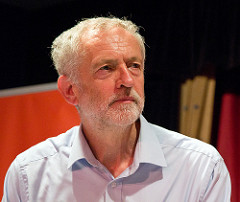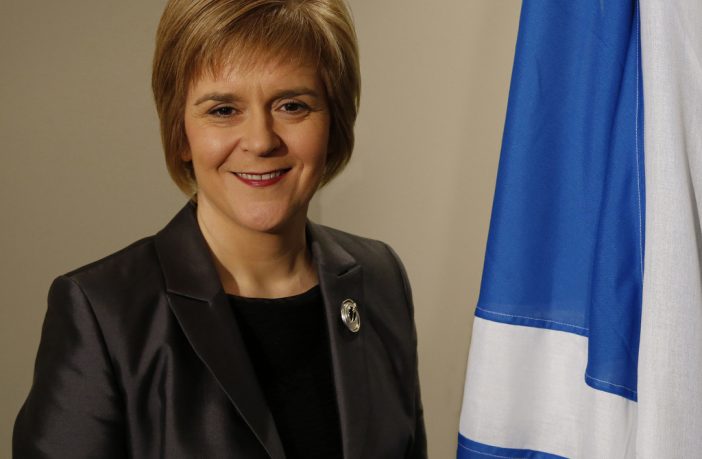Dr Gerry Mooney, senior lecturer in social policy, gives his view on what lies ahead for Scottish politics as 2016 brings elections and the devolution of further powers from Westminster…
Following on from the discussions around Scotland’s Constitutional future over the last few years, 2016 brings the Scottish Parliament elections. While these are entirely about the election of the Scottish Government and the political composition of the Scottish Parliament, the voting outcomes will offer a clear assessment of the political balance between the SNP and its key Unionist opposition, the Labour Party.
Opinion polls during 2015 have estimated that the SNP will further consolidate the major gains that they made in the last Scottish Elections in 2011 and in the May 2015 General Election. They are in line for around 50% of the popular vote, with Labour in Scotland coming a poor second. If this is the pattern that emerges from the election, then it will more than likely bring the prospects of a second Independence Referendum much closer.

Photo by chrisjohnbeckett 
“For the Labour Party, it represents a major test for new leader Jeremy Corbyn. He has a massive fight on his hands, with many predicting that Labour are finished in Scotland, despite Corbyn’s party leader election success and his political rhetoric around anti- austerity, which brings Labour closer to the SNP.
Finally, the 2016 Scottish elections will also be seen as a vote on the additional devolved measures that will come to Scotland as a result of the 2015 Scotland Act. This was the price paid by the main UK Unionist Parties in return for a “no” to Independence vote in September 2015. The main controversy around this further devolution concerns the extent to which sufficient powers have been devolved. This is likely to remain a major fault line that will shape Scottish politics in the year ahead.



